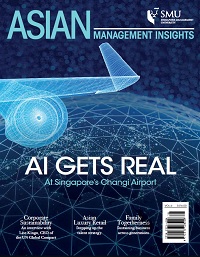
Latest | Volume 06 Issue 1
AI Gets Real
Published on
On behalf of the Editorial Board of Asian Management Insights, its authors and readers, I would like to thank our outgoing Editor-in-Chief, Dr Philip Zerrillo, who founded the magazine and invested significant efforts to advance its profile these past five years.
Featured Articles
-
More than half of humanity currently lives in urban areas, and the United Nations predicts that figure will reach 70 percent by 2050.
-
JUMBO Group shows how digital transformation and its seafood business can go together.

On behalf of the Editorial Board of Asian Management Insights, its authors and readers, I would like to thank our outgoing Editor-in-Chief, Dr Philip Zerrillo, who founded the magazine and invested significant efforts to advance its profile these past five years.

An interview with Lise Kingo, CEO and Executive Director of the United Nations Global Compact.

Ranked as the best airport for seven consecutive years, Singapore’s Changi Airport is lauded the world over for the efficient, safe, pleasurable and seamless service it offers the millions of passengers that pass through its facilities annually.
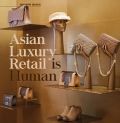
Digital giants such as Alibaba and Amazon, and online luxury specialists like Farfetch, Yoox and Net-a-Porter are thriving in Southeast Asia. Yet, even as online commerce sales is rising five times faster than the overall market, forecasters agree on one thing: online sales for luxury will flatten at around 25 percent of the total market by 2025.1 Farfetch was bracing itself for this plateau when it clinched a partnership with Chanel in 2018. Their goal is to become the leading luxury retail operating system.
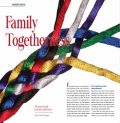
Family-controlled businesses are the dominant form of business organisation across the world, and particularly so in many Asian countries.
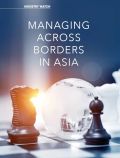
Across many countries in Asia, we are witnessing local leaders rise to the level of country leader or managing director in their home country.
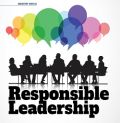
An array of scandals has rocked the world in recent times, such as financial malpractices, unethical practices, and environmental damages.

The street scene of honking cycle rickshaws, jaywalking pedestrians and precariously tilting buses in crowded Dhaka was an easy distraction. It was December 2017 when Matteo Chiampo, an advisor to the Consultative Group to Assist the Poor (CGAP),1 was writing an advisory report on the future growth strategy for SureCash, a mobile financial services (MFS) company in Bangladesh. Brainstorming for questions, and not answers, was something he had not tried before.

Navigating to win in the Asian food and beverage franchise space.

The journey to corporate sustainability